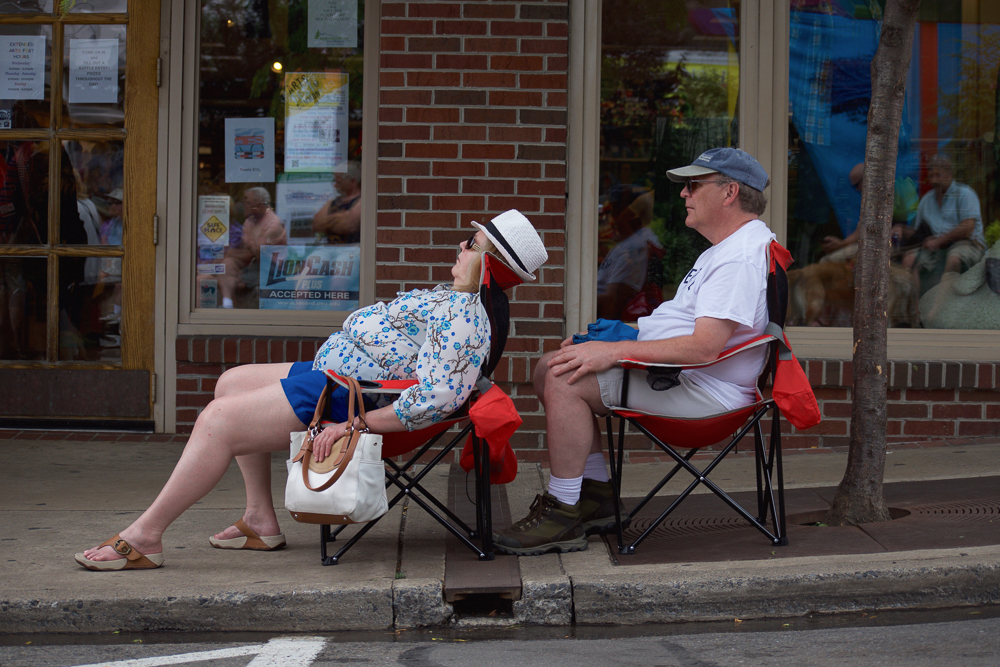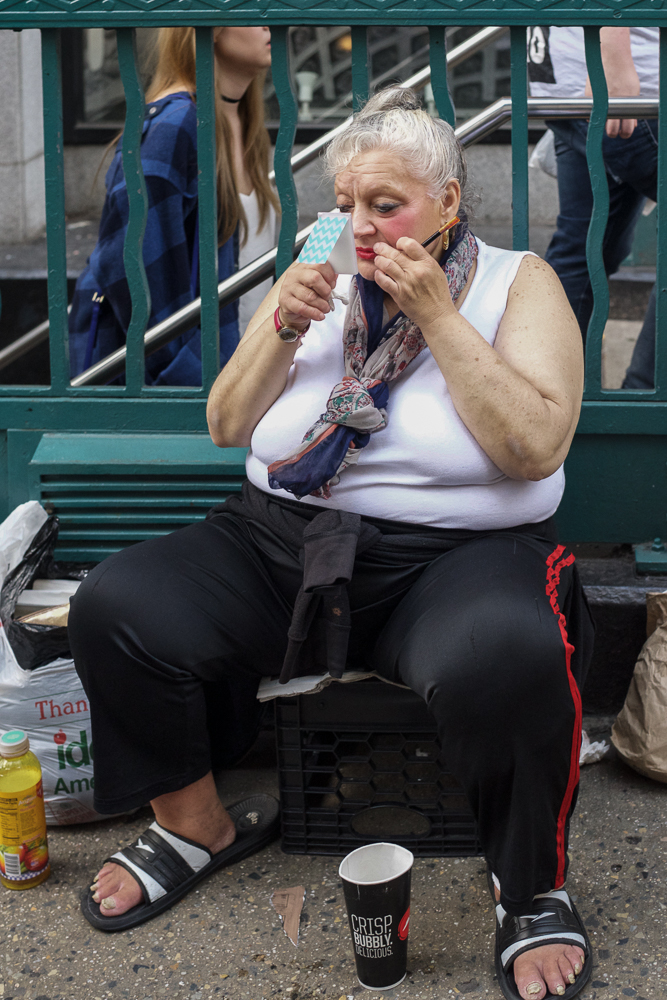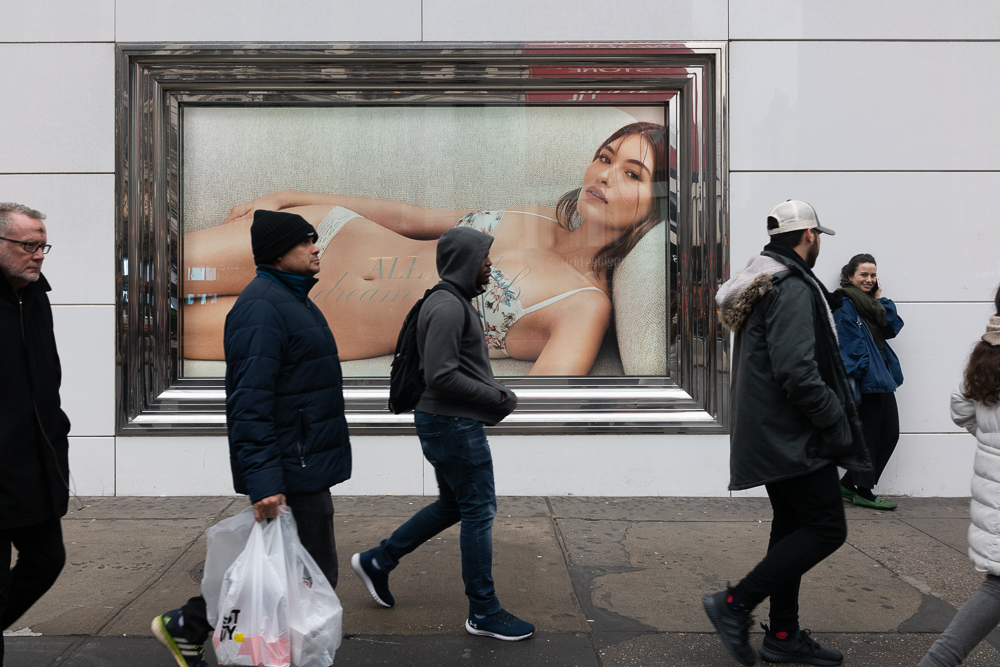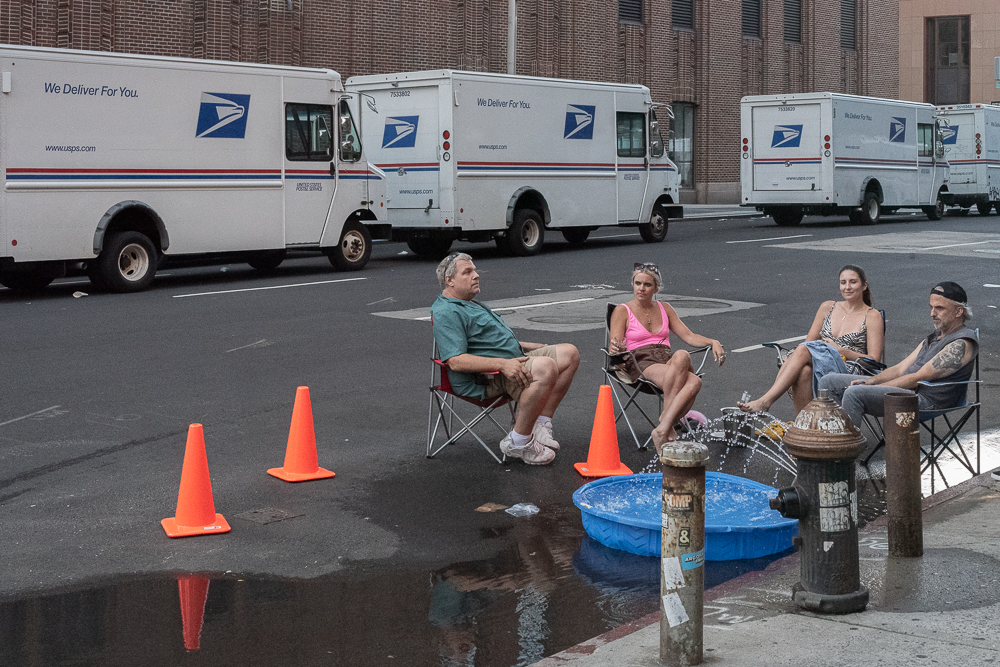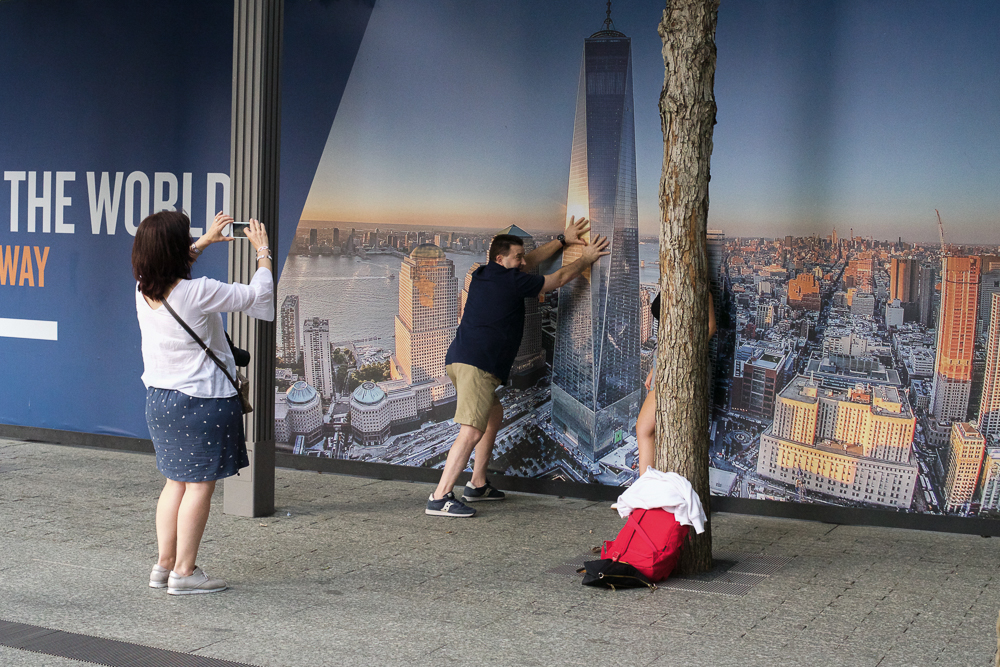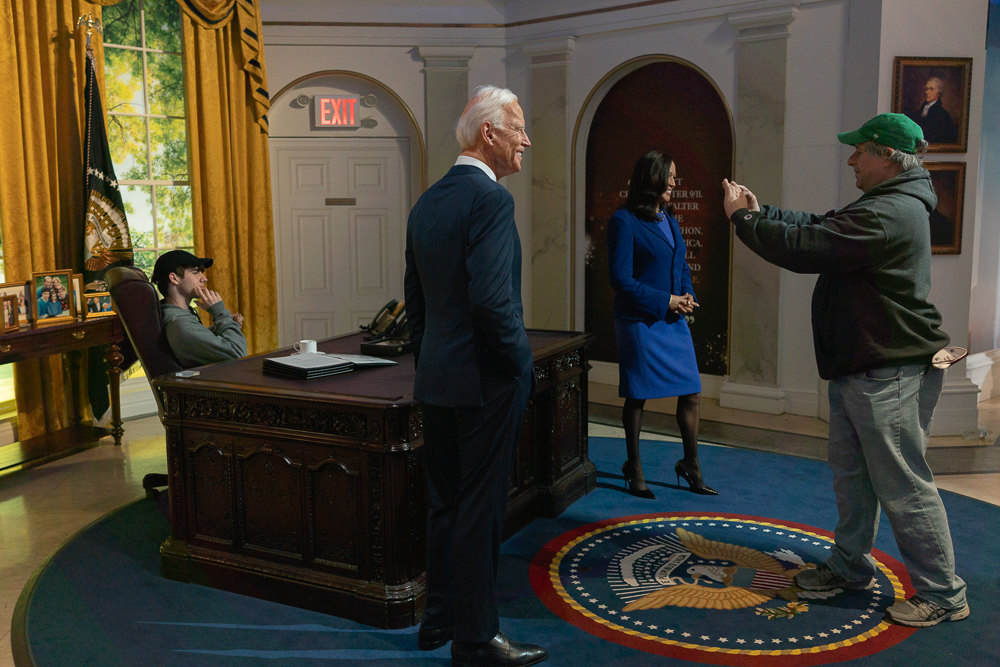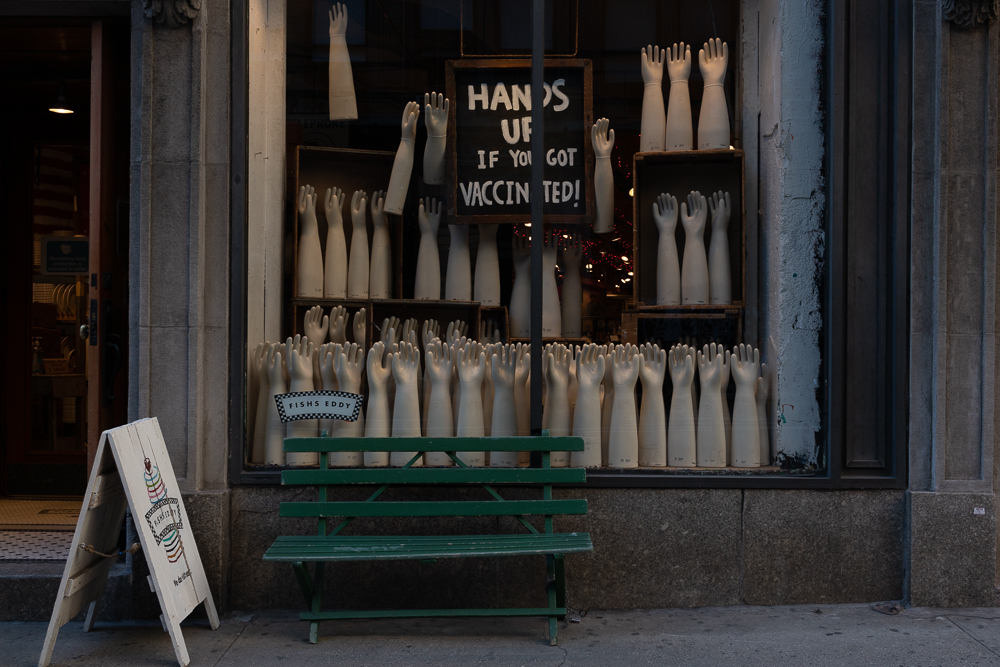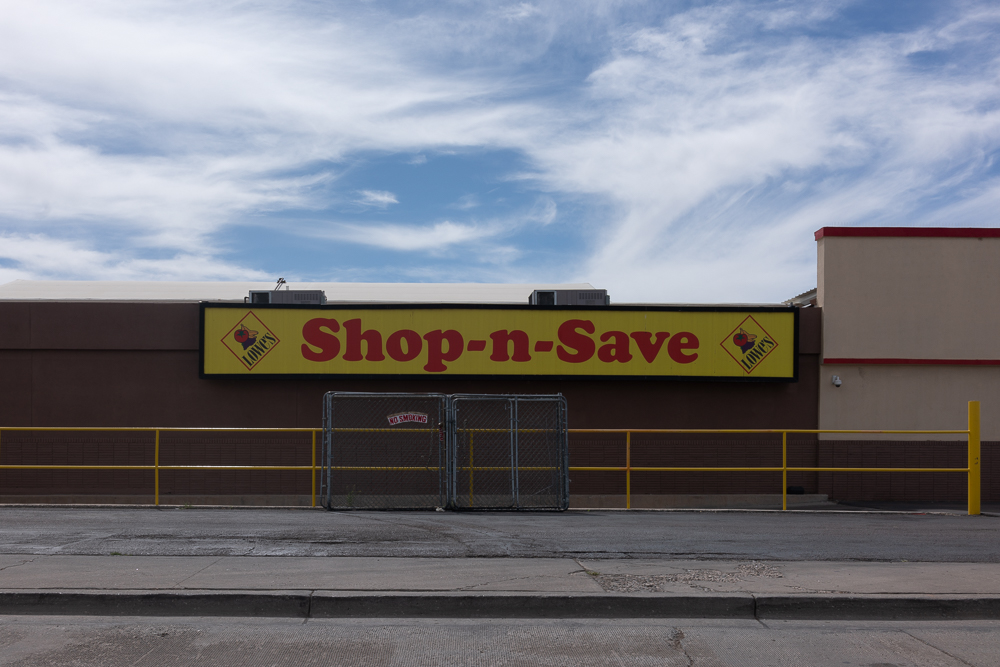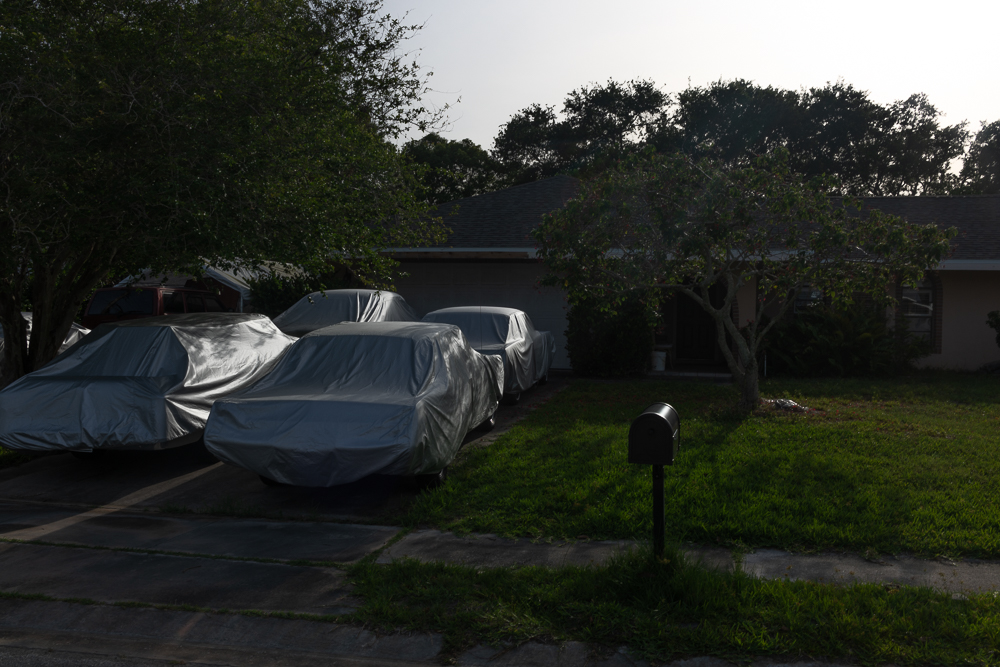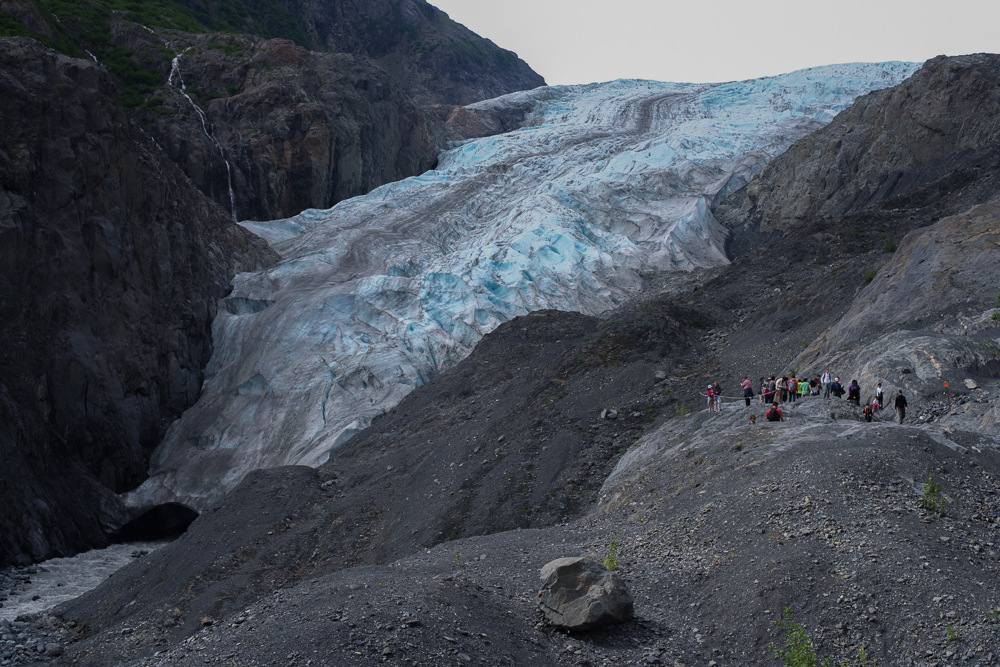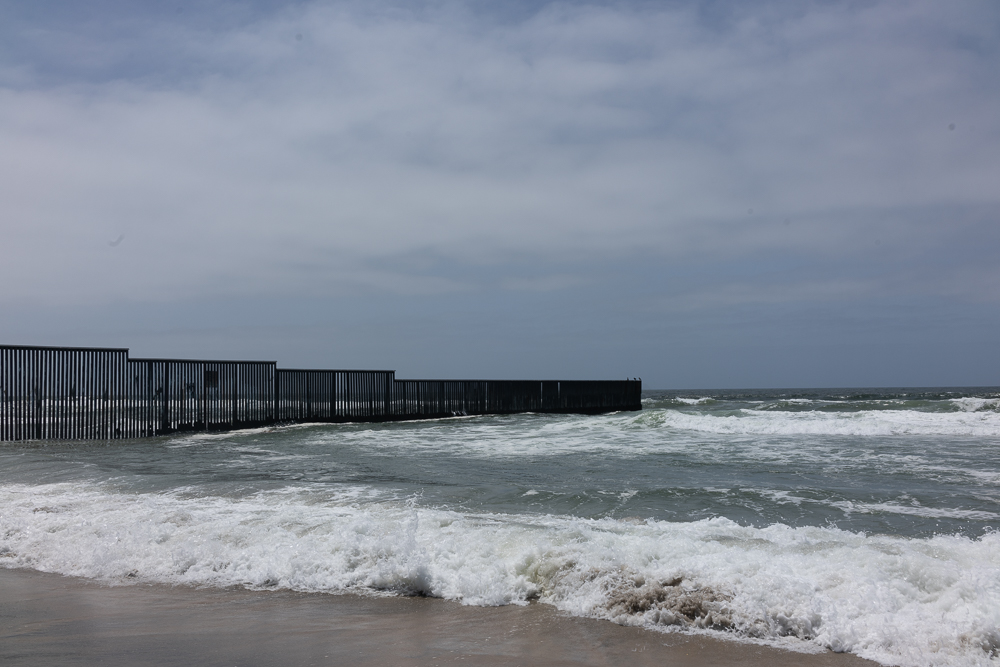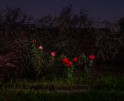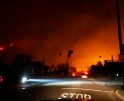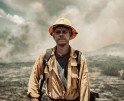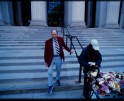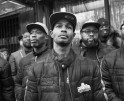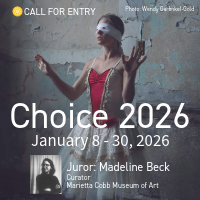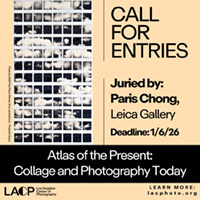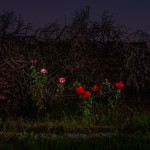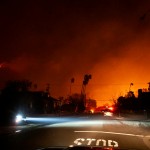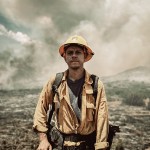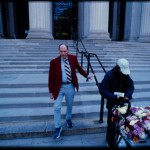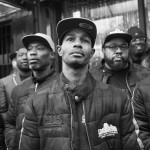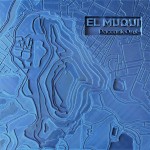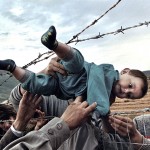Medium Festival of Photography: Ali Motamedi
Today, we are continuing to look at the work of artists whose work I discovered at this year’s Medium Festival of Photography. Up next, Ali Motamedi’s project, The Dreamers.
Ali Motamedi is a writer, photographer and educator whose work focuses on city life, travel, immigration, and identity. He has a PhD in civil engineering and has studied at the School of Visual Arts and the International Center of Photography in New York City. His engineering education, writing background and photographic vision act as three catalysts that transform his ideas into creative forms. His essays and short stories have been published in Farsi and English literary magazines, and his photography has been displayed in several group exhibitions in both Tehran and the US. Additionally, he has conducted creative workshops and led hundreds of students in undergraduate and graduate engineering courses across the US.
Follow Ali Motamedi on Instagram: @alimotamedi
The Dreamers
This photo series shows America through the lens of an immigrant. I began to see and get to know this land as soon as I arrived here more than a decade ago. Therefore, this project has a beginning, but no end. As I commuted daily in New York City and traveled frequently for work and leisure to other states, and made adventurous trips to far-flung locations like Hawaii and Alaska, I started gathering the moments that have been critical to take notice of. The significance of these moments comes from the cultural difference and social distance I felt when I encountered them. A new definition of beauty, a complex interaction on the street or a publicly accepted tradition made me wonder and made me eager to record it.
Daniel George: So, you arrived in the United States many years ago. At what point did you begin to think about your relationship with the country through the lens of your upbringing in Iran? And what prompted you to begin visualizing this perception?
Ali Motamedi: When I was preparing for a long drive through the southwest in 2014, I bought my first camera for a few hundred dollars for fun. That’s when I discovered photography.
I have always been an observer, and attentive to the details, in my personal and social life. I started seeing this land from the very first night I arrived at the Chicago Airport in 2009. What the hell do I do here? What is this? What is that? Who am I here as a new person?
DG: You write that these photos (many of which were made in New York City) depict moments that you observed while commuting for work or traveling for leisure. Tell us more about your process of discovery as you identify these cultural differences.
AM: I believe in wandering. We are capable of making a truly objective observation when we are idle! When we walk, drive, or travel without a specific purpose. We can only see things as they are when we let go of who we are supposed to be. And I’ve been doing it for years.
I’ve lived in the US for thirteen years, and I’ve lived in New York City most of that time. Yes, it is a matter of time. Although this country is much larger and more diverse than a city, New York culture has played a key role in shaping my understanding of this country as an immigrant.
DG: Having lived outside of the country for a period of time, as well as in numerous regions throughout, I myself can identify with the practice of using a camera as a mechanism for understanding. It affords a long look at those components of the everyday, and it aids in our effort to interpret what we encounter. I am interested in hearing more from your perspective on the topic. What more do your photographs reveal to you?
AM: A camera is a machine, and photography is a mechanical process. We press the shutter and freeze the moment. But what does that mean? It means nothing. When we look at the world, it seems absurd until we reflect on it. The only act that could make photography a sensational and fruitful endeavor is thinking.
By using technology, we can take more pictures with higher quality to record the moments. Good! However, if we are being honest, we can only preserve what is truely reaveling to us. Every time I review my archive, I vividly see all the dark, distant, desirable, and daring parts of me. Such a terrific and terrifying moment.
DG: Could you talk more about how you feel your education in engineering and background in writing inform your photographic work?
AM: I’m not sure. And the fact that I’m not sure keeps the whole process unconscious and organic. The three disciplines of engineering, writing, and photography collaborate to create something meaningful. In addition to studying engineering for twelve years to a PhD level, I have been a serious writer for ten years and discovered photography out of the blue! And now, it’s interesting how they’re playing in the background of my mind. The only thing I know for sure is that photography is my new language as a non-English speaker in this country.
DG: The theme of this project, “America through the lens of an immigrant,” inevitably brings to mind the work of Robert Frank. And certainly there have been many other notable examples throughout the years who have addressed this topic. How would you say that your photographs further contribute to this conversation?
AM: What is America? I have been asking myself this question for so long. During the first years of my immigration, I felt so homesick. After all these years, I feel America is something beyond land and borders. It is a concept. I see much more than McDonalds, Coca Cola, Marylin Monroe, and Donald Trump in America’s history. I see a history of freedom, a history of slavery, equality for gays and women, and these all make America special.
There have been so many other photographers trying to document this country; Paul Strand, Walker Evans, Dorothea Lange, Gordon Parks, Joel Sternfeld, Robert Adams, Alec Soth and others. Robert Frank had a foreigner’s eye and it made him special. However, being a foreigner is risky and one might get into the trap of seeing things surreal. One the other hand, an American photographer might get trapped into seeing things in a biased way. Having lived in the states for over a decade, I am neither an American nor a foreigner. And this is a unique opportunity.
Posts on Lenscratch may not be reproduced without the permission of the Lenscratch staff and the photographer.
Recommended
-
Kevin Cooley: In The Gardens of EatonJanuary 8th, 2026
-
William Karl Valentine: The Eaton FireJanuary 7th, 2026
-
Sean Stanley: Ashes of SummerJanuary 6th, 2026
-
Nathan Bolton in Conversation with Douglas BreaultJanuary 3rd, 2026
-
Andrew Lichtenstein: This Short Life: Photojournalism as Resistance and ConcernDecember 21st, 2025

